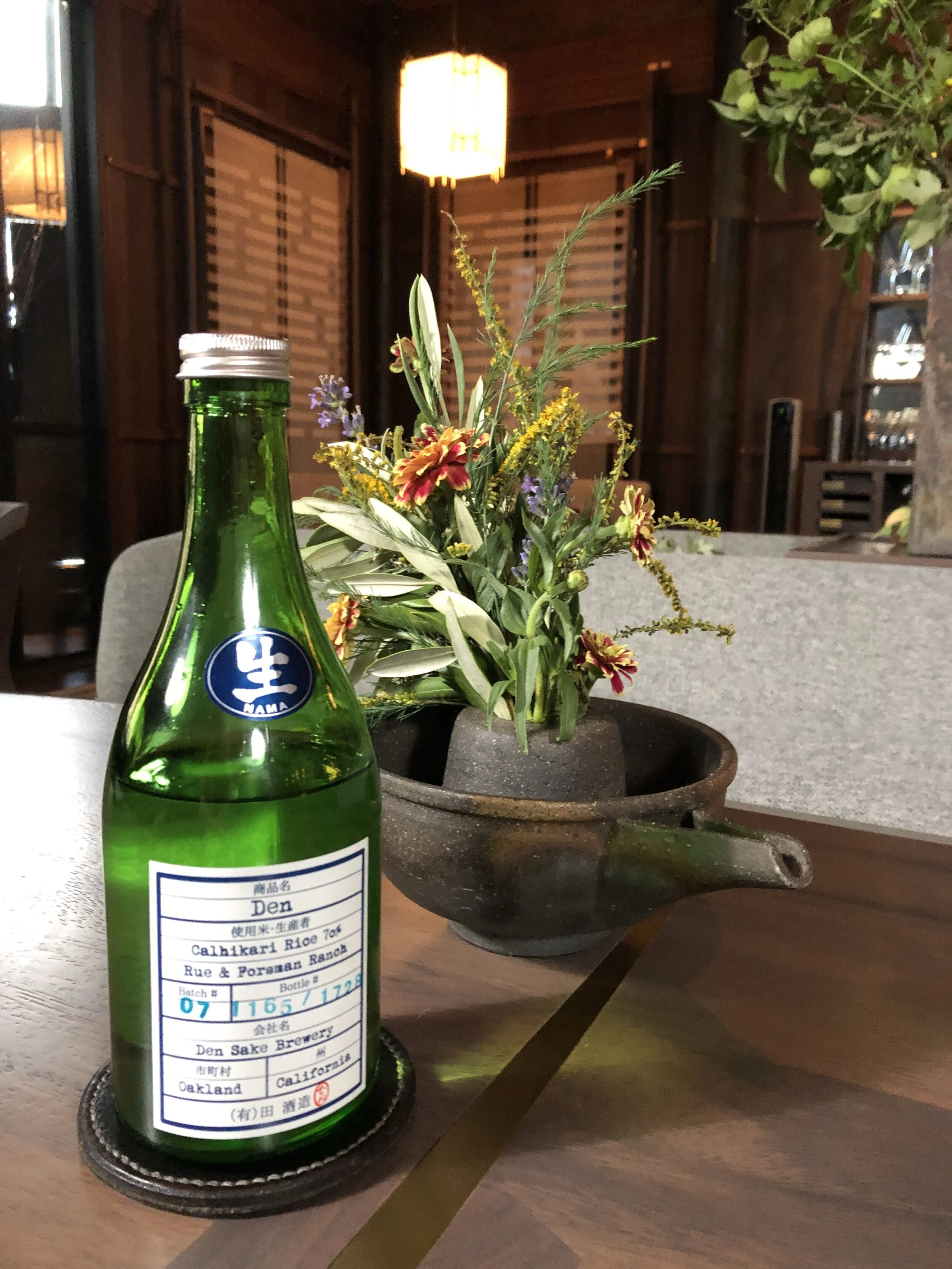Tucked inside O2 Artisans Aggregate, where makers operate progressive businesses, sharing resources and focusing on sustainable, environmentally sensitive practices, Yoshi Sako is crafting small batches of junmai sake using rice from a single California farm.
Read MoreJust like the glasses you use for wine or beer, the vessel you choose for your sake impacts your experience of its flavor and aroma.
Read MoreThe family began farming rice organically in 1997 in order to diversify their operation and today, they have 271 acres under cultivation that are certified organic by the California Certified Organic Farmers (CCOF) certification agency.
Read MoreAt Soba Ichi, the chef also uses the lees from Yoshi’s sake-making process, also known as sake kasu, to make a creamy dip for crackers.
Read MoreThere are various types of sake, just like there are types of wine. Sake type is determined by the amount of the rice grain that is polished away, all in the effort to reach the grain’s starchy core. True Sake has this handy reference guide and we’ve offered some info here as well.
Read MoreDen Sake is on the beverage menu at Rintaro, and chef-owner Sylvan Mishima Brackett also incorporates the lees from Yoshi’s sake-making process into his traditional izakaya menu.
Read MoreIn Sonoma County at SingleThread Farm, Evan Hufford, the property’s wine director, features Den Sake as part of thread of Japanese flavor and ethos woven into the restaurant experience.
Read More






